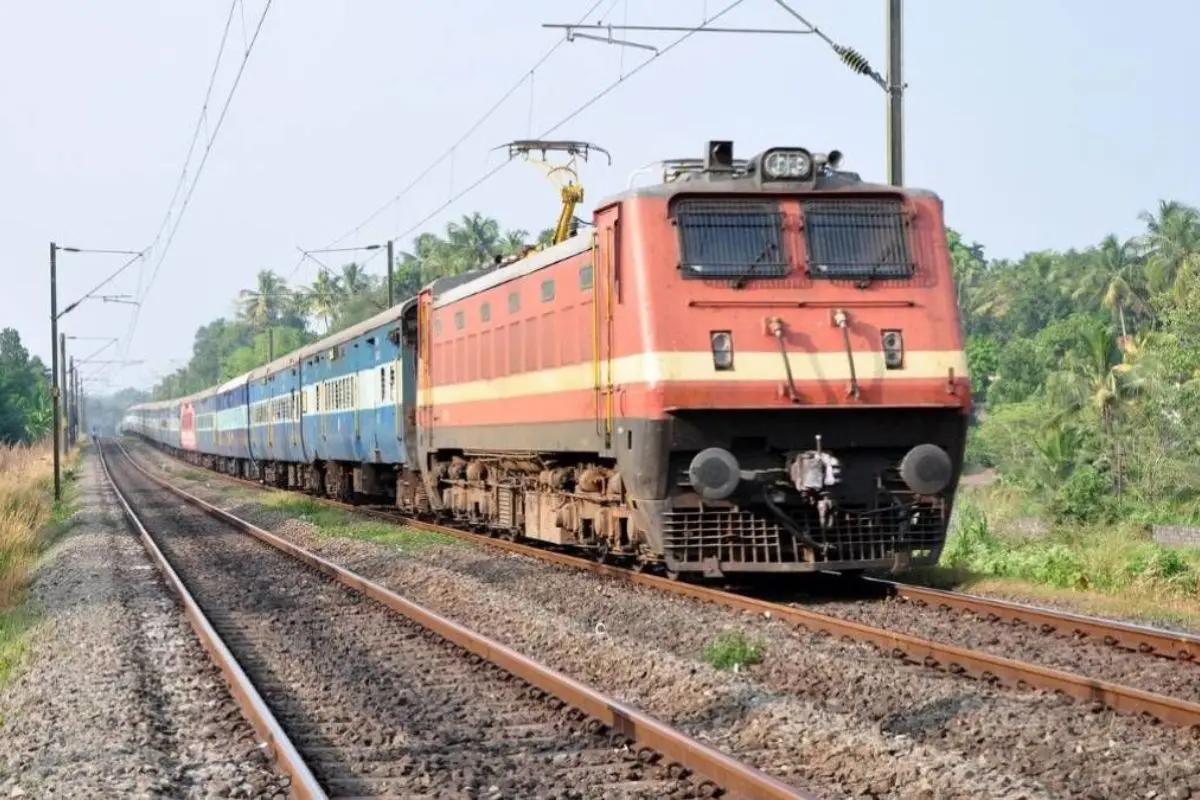Palakkad Railway Division has cleared the proposal for a special train connecting Kozhikode and Palakkad by extending an existing Mangaluru–Kozhikode service, a move expected to improve commuter convenience and strengthen sustainable regional mobility in northern Kerala.
The extension proposal, drafted by Palakkad division officials and approved by Southern Railway’s operations and commercial departments, is set to be formally notified once the Southern Railway general manager gives final consent. Anticipated as a reverse of the regular push for summer specials, this service is intended as a low‑carbon, demand‑responsive measure benefiting daily and occasional users alike Under the pilot scheme, the Mangaluru–Kozhikode express would be extended southwards to Palakkad. Railway planners stress that the service, if operationally and commercially viable—as confirmed in the DPR—can blend seamlessly into existing schedules, requiring minimal additional resources .
The announcement responds to long-standing commuter frustrations: passengers on the Palakkad–Kozhikode corridor faced limited direct options, overcrowded services, and logistical barriers, especially during peak travel seasons. Local MPs and civic groups have consistently flagged this gap in regional rail planning . A Palakkad division official remarked, “We received multiple representations—both from elected leaders and passenger forums—highlighting the need for better rail connectivity on this route. After feasibility studies and timetable assessments, we are now confident in piloting this option.”
Special trains in India are often trial services meant to test demand. If ridership and revenue meet expectations, they may be regularised permanently. Last year’s special service on the Shoranur–Kannur line saw such a path, with successive extensions and timetable revisions . Transport analysts see dual benefits in this initiative: operational efficiency through optimised asset sharing, and environmental gains via reduced road congestion and vehicle emissions. Each passenger diverted from bus or private car represents fewer pollutants and reduced carbon footprint, aligning with the editorial agenda of promoting low‑carbon urban and regional transit.
“The Palakkad–Kozhikode sector is both a commuter and eco‑tourism corridor,” said an urban transit expert affiliated with a national policy think tank. “Introducing this train will help formalise mobility, balance capacity, and reduce the need for additional coach fleets.” Officials note that the extension will not require new rakes or track upgrades. The utilisation of existing rolling stock and signalling configurations makes it a cost-effective proposition, with economies of scale likely to be realised quickly if passenger numbers respond.
Nonetheless, sceptics urge caution: timetable conflicts, platform occupancy, and maintenance windows must be carefully managed to prevent ripple effects on existing services. Analysts also highlight that clear communication around schedules—and digital booking channels—will be critical to ensuring commuter uptake and service smoothness. A Palakkad railway representative confirmed that zoning-level logistics—such as slot adjustments and feeder service alignment—are already underway. “Digital alerts, station notices, and coordinated bus timings will be part of the pilot to ensure that late‑night and early‑morning travellers benefit,” the official said .
Commuter groups have welcomed the development, citing the need for consistency and reductions in travel time between northern Kerala districts. They hope the service pilot will coincide with improved sanitation, gender-neutral access at stations, and better feeder connectivity to support equitable access. For now, Palakkad division and Southern Railway await the general manager’s nod before issuing an official timetable and opening reservations. If released soon, the special train may begin operations within weeks, offering a timely summer alternative ahead of traditional peak travel periods.
This modest extension, while not headline‑making like high-speed Vande Bharat routes, reflects a growing trend within Indian Railways: small-scale, demand-responsive measures that stitch together regional networks sustainably and enhance city-region interconnectivity. As Kerala pursues ambitious green infrastructure goals, integrating such rail linkages contributes to broader climate objectives by reducing road dependency and fostering equitable access. Whether this initiative reaches permanent status will depend on commuter adoption, punctuality metrics, and environmental dividends.
But for Palakkad and Kozhikode locals, the pending special train signals something fundamental: railway planners are increasingly tuning into citizen‑led demand, operational feasibility, and sustainable mobility outcomes.
Also Read : Indian Railways limits waiting list tickets across all train zones


